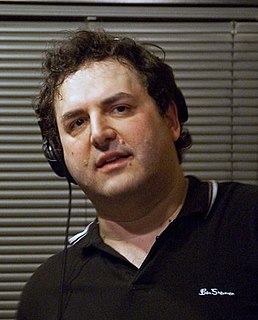A Quote by Nina Blackwood
First of all, you needed a budget to do the video. The record companies would pick and choose who got videos.
Quote Topics
Related Quotes
This is the first time a newly inaugurated president has had any impact on a current budget." What that means is that normally when a president's inaugurated in January, the budget for the first calendar year of his term or the first nine months is already done. So from January 21st all the way 'til October when the new budget's done, the president has to deal with the previous Congress' budget and has nothing to say about it. What they're saying is that Donald Trump has had a record-breaking, never-before-seen thing by having an impact on the budget in his first year.
Pop was initially ignored as a moneymaker by the recording industry. In the seventies they were still relying on Frank Sinatra and Tony Bennett for their big hits. You know, most of the budget for the record companies in those days went to the classical department - and those were big budget albums.



































